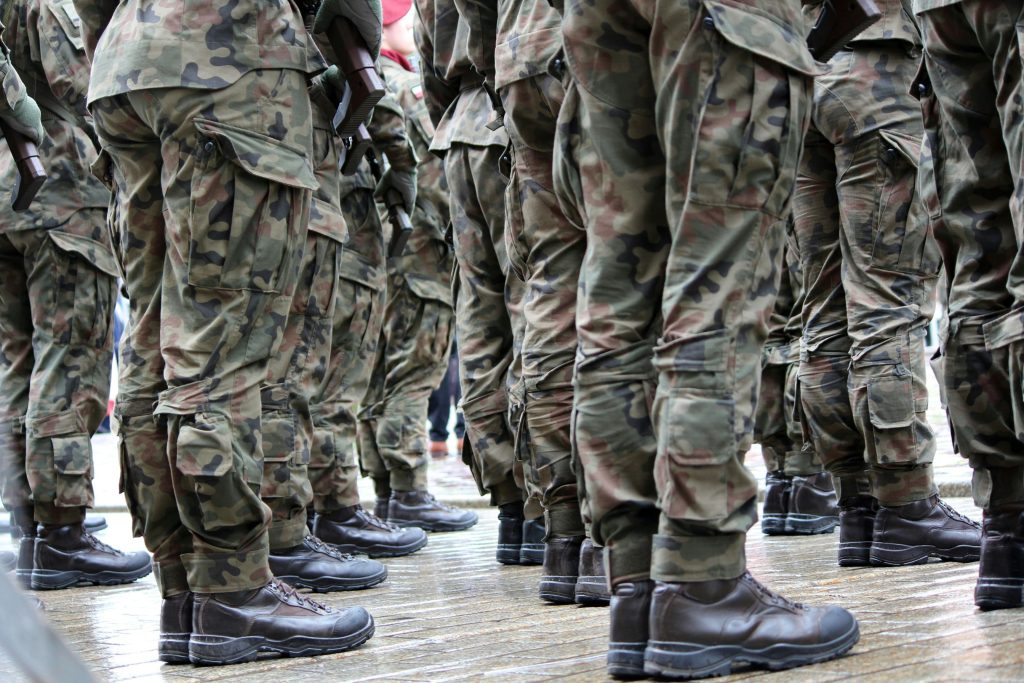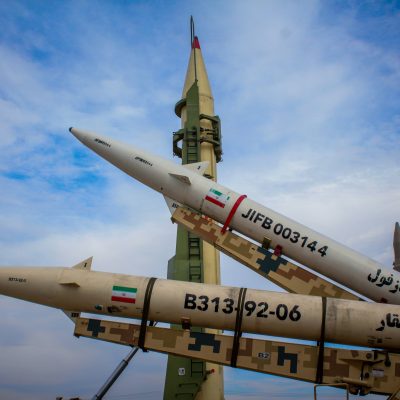[FR] Thinking about a European army?

For General Puga, a European army is desirable and achievable. Desirable, first of all, for economic reasons, because it will allow greater profitability, efficiency and economies of scale. Secondly, it is feasible provided we can define common strategic interests, particularly in terms of sovereignty, immigration, security and the fight against terrorism. There are objective reasons for the profound differences between EU Member States on these issues, linked to the concerns of their respective populations. However, analysing these differences will enable us to define common strategic objectives. It is necessary to find compromises and to be united, because that is how the European Union (EU) was, is and will be listened to by the other major powers. Building a European army also presupposes a dialogue between military personnel at European level, in order to define common capability requirements on the one hand, and ways of working together on the other.
Although the construction of a European army is a sensitive issue within the EU, starting to think about it is a way forward. One example is special operations, an area where the sovereignty of states is fully exercised. Whether in Chad or Mali, European countries have succeeded in setting up joint forces, demonstrating that political will can move European defence forward. That is why the ultimate goal must be for everyone to build this European army. To achieve this, each of us, at his or her own level, must look for what can bring us together, while avoiding dispersal of effort. It is therefore important to insist on the collective capacity of the members of the Union to fight against common evils, which are often profoundly cross-border in nature (terrorism, cyber security, etc.). Consequently, focusing solely on national sovereignty is a dead end. Building a European army means first and foremost building a European community of thought around the issue of sovereignty. European citizens will come together when they believe that the EU can ensure their protection.




